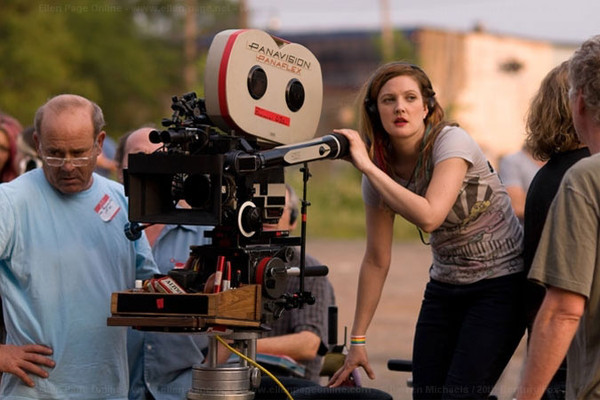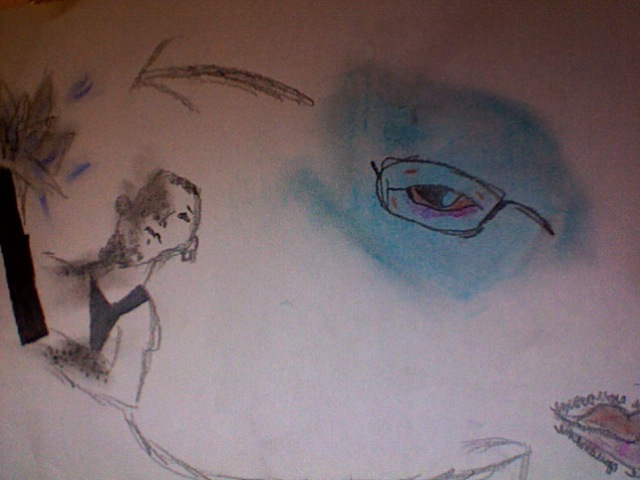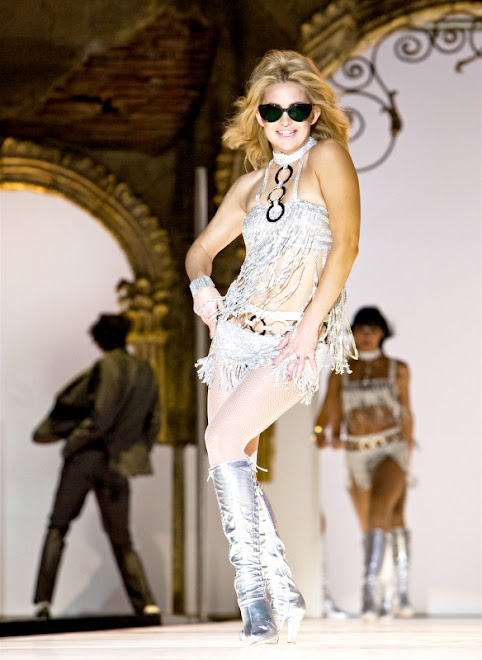each collage is either representative of something so important or is of a person that's influenced me or molded me in my seventeen years
Thank you all so much for what you've done for me, I would be a different person without you. I'm missing some people, but I'm doing my best to represent you or include you.
This isn't completely spontaneous, but in honor of my graduation.
Class of 2011!!!
Tuesday, May 10, 2011
Wednesday, April 6, 2011
In many cases it isn’t suitable to change environments when you’re accustomed to a certain pace the majority of your life. If you’re a down to earth Chicago boy, it might be a shock to transition to the glamorous jazz scene of 1920’s Long Island Sound. In The Great Gatsby by F. Scott Fitzgerald, Nick, a simple young man from Chicago, moves to West Egg Long Island Sound to work in New York City. As soon as he arrives, he is constantly haunted by the luring upbeat rhythms of jazz and enchanted by the sparkles and fast moving steps of upper class people enjoying the parties thrown by his mysterious neighbor Jay Gatsby. Externally, the novel can be seen as an insiders glimpse to American culture and society in the 20’s. But to Nick the novel is about a group of deeply disturbed socialites who each share an extensive list of flaws, despite their stature. Daisy is one of the main characters who is both involved with her husband Tom and former lover Gatsby. The author uses Daisy to personify societies attitude during that time period, the struggles and purpose of women, as well as reveals her personal flaws as a main character.
It is widely believed that one always wants what one doesn’t have. It is a saying that relates to modern times as well as the era the novel is set in. It is only one of many factors in modern day society, but if you were rich in the 1920s it was a saying that controlled your life. For the Buchanan’s it was the name of the game. Daisy and Tom went from fabulous estates in Chicago, to Long Island Sound, New York City, and eventually even to Europe. They are never happy with what they have, and spend fortunes buying estate after estate. Daisy is born into money and raised down South. She is properly educated, well mannered, dressed to the nines, and trained to be everything a wife is supposed to be. To the outside world she looks like a pretty well trained host with enthusiasm and class, but inside she is completely empty. No matter how many materialistic possessions she acquires she still lacks happiness, even when she tries to distract herself from the pain. She uses her affair with Gatsby to distract herself from the pain, but instead she negatively affects him and puts him at equal displeasure. Daisy symbolizes the main attitude and culture in America during that time. America in the 1920’s was all about a class system. If you were upper class, which was what everybody worked towards, you were never satisfied and concerned mostly with parties and reputation. But underneath all the fancy suits, cars, and houses one was never truly happy. For example, Gatsby tries to attain as much money as possible in order to win Daisy, but in the end of the novel he ends up alone and murdered. Wilson, a low class gas station owner, is merely content with the love he has for his wife Myrtle. Myrtle; however, is not content living as a low class citizen and tries to climb the social latter through her affair with Tom, and in the end she is also left alone and murdered. Daisy is American society in the 1920’s. She is poised, proper, pretty, educated, empty, and leads a meaningless sad life.
Every girl raised in upper class society was well educated because it was a trait that appealed to upper class boys, but not every well-educated girl mastered the art of common sense. In fact, Daisy is a rare exception. Daisy is admired in society because she seems to possess every quality a well-rounded girl should have, but she is empty and depressed because she has enough intelligence and common sense to see past false pretenses. Daisy knows that her husband Tom married into a label of a girl society thinks he should have. She is also aware of the fact that her parents sold her off like a prize horse, and she isn’t allowed to do anything about Tom’s affairs because she is merely a woman owned by a man. Her name, interests, and passions are irrelevant because her only purpose in life is to bear Tom’s children and play hostess to Tom’s friends. The audience is aware of Daisy’s depression from the beginning of the novel, but the author only reveals the reasons for her sadness slowly throughout the course of the plot. For example, when Nick first arrives at the Buchanan’s estate and Daisy and him are alone for the first time, Nick raises the subject of her daughter, “Well, she was less than an hour old and Tom was God knows where. I woke up out of the ether with an utterly abandoned feeling, and asked the nurse right away if it was a boy or a girl. She told me it was a girl, and so I turned my head away and wept. ‘All right,’ I said, ‘I’m glad it’s a girl. And I hope she’ll be a fool-that’s the best thing a girl can be in this world, a beautiful little fool.’” Daisy is intelligent, and her intelligence allows her to know better; therefore, she is empty and depressed. She understands the binding circumstances rich women are forced into, and she’d rather her daughter be stupid and not know better then sad and depressed. Daisy is also intelligent enough to understand that rich girls don’t marry poor boys, regardless of love and happiness. Mid novel, Jordan Baker meets Nick for tea and explains Gatsby and Daisy’s relationship, “She began to cry-she cried and cried. I rushed out and found her mother’s maid, and we locked the door and got her into a cold bath. She wouldn’t let go of the letter. She took it into the tub with her and squeezed it up into a wet ball, and only let me leave it in the soap-dish when she saw that it was coming to pieces like snow. But she didn’t say another word. We gave her spirits of ammonia and put ice on her forehead and hooked her back into her dress, and half an hour later, when we walked out of the room, the pearls were around her neck and the incident was over. Next day at five o’clock she married Tom Buchanan without so much as a shiver, and started off on a three months’ trip to the South Seas.” Daisy receives a letter from Gatsby the night before her wedding and is absolutely distraught over the subject because his written words remind her of true love. However, she goes on with her wedding because she is smart enough to realize that society won’t allow for a rich girl to marry a soldier.
In The Great Gatsby by F. Scott Fitzgerald, each character is flawed in one way or another. Daisy is the main heroine, and is flawed because she uses other people to lessen her pain. Daisy’s personal situation alludes to all of upper class society in the 1920’s, as well as a woman’s place. She is everything a rich girl should be, but because she knows her true purpose in life, she is sad and depressed. Upper class society in the 1920’s was about parties, reputation, big houses, fancy shirts, and unhappy people who were never satisfied.
It is widely believed that one always wants what one doesn’t have. It is a saying that relates to modern times as well as the era the novel is set in. It is only one of many factors in modern day society, but if you were rich in the 1920s it was a saying that controlled your life. For the Buchanan’s it was the name of the game. Daisy and Tom went from fabulous estates in Chicago, to Long Island Sound, New York City, and eventually even to Europe. They are never happy with what they have, and spend fortunes buying estate after estate. Daisy is born into money and raised down South. She is properly educated, well mannered, dressed to the nines, and trained to be everything a wife is supposed to be. To the outside world she looks like a pretty well trained host with enthusiasm and class, but inside she is completely empty. No matter how many materialistic possessions she acquires she still lacks happiness, even when she tries to distract herself from the pain. She uses her affair with Gatsby to distract herself from the pain, but instead she negatively affects him and puts him at equal displeasure. Daisy symbolizes the main attitude and culture in America during that time. America in the 1920’s was all about a class system. If you were upper class, which was what everybody worked towards, you were never satisfied and concerned mostly with parties and reputation. But underneath all the fancy suits, cars, and houses one was never truly happy. For example, Gatsby tries to attain as much money as possible in order to win Daisy, but in the end of the novel he ends up alone and murdered. Wilson, a low class gas station owner, is merely content with the love he has for his wife Myrtle. Myrtle; however, is not content living as a low class citizen and tries to climb the social latter through her affair with Tom, and in the end she is also left alone and murdered. Daisy is American society in the 1920’s. She is poised, proper, pretty, educated, empty, and leads a meaningless sad life.
Every girl raised in upper class society was well educated because it was a trait that appealed to upper class boys, but not every well-educated girl mastered the art of common sense. In fact, Daisy is a rare exception. Daisy is admired in society because she seems to possess every quality a well-rounded girl should have, but she is empty and depressed because she has enough intelligence and common sense to see past false pretenses. Daisy knows that her husband Tom married into a label of a girl society thinks he should have. She is also aware of the fact that her parents sold her off like a prize horse, and she isn’t allowed to do anything about Tom’s affairs because she is merely a woman owned by a man. Her name, interests, and passions are irrelevant because her only purpose in life is to bear Tom’s children and play hostess to Tom’s friends. The audience is aware of Daisy’s depression from the beginning of the novel, but the author only reveals the reasons for her sadness slowly throughout the course of the plot. For example, when Nick first arrives at the Buchanan’s estate and Daisy and him are alone for the first time, Nick raises the subject of her daughter, “Well, she was less than an hour old and Tom was God knows where. I woke up out of the ether with an utterly abandoned feeling, and asked the nurse right away if it was a boy or a girl. She told me it was a girl, and so I turned my head away and wept. ‘All right,’ I said, ‘I’m glad it’s a girl. And I hope she’ll be a fool-that’s the best thing a girl can be in this world, a beautiful little fool.’” Daisy is intelligent, and her intelligence allows her to know better; therefore, she is empty and depressed. She understands the binding circumstances rich women are forced into, and she’d rather her daughter be stupid and not know better then sad and depressed. Daisy is also intelligent enough to understand that rich girls don’t marry poor boys, regardless of love and happiness. Mid novel, Jordan Baker meets Nick for tea and explains Gatsby and Daisy’s relationship, “She began to cry-she cried and cried. I rushed out and found her mother’s maid, and we locked the door and got her into a cold bath. She wouldn’t let go of the letter. She took it into the tub with her and squeezed it up into a wet ball, and only let me leave it in the soap-dish when she saw that it was coming to pieces like snow. But she didn’t say another word. We gave her spirits of ammonia and put ice on her forehead and hooked her back into her dress, and half an hour later, when we walked out of the room, the pearls were around her neck and the incident was over. Next day at five o’clock she married Tom Buchanan without so much as a shiver, and started off on a three months’ trip to the South Seas.” Daisy receives a letter from Gatsby the night before her wedding and is absolutely distraught over the subject because his written words remind her of true love. However, she goes on with her wedding because she is smart enough to realize that society won’t allow for a rich girl to marry a soldier.
In The Great Gatsby by F. Scott Fitzgerald, each character is flawed in one way or another. Daisy is the main heroine, and is flawed because she uses other people to lessen her pain. Daisy’s personal situation alludes to all of upper class society in the 1920’s, as well as a woman’s place. She is everything a rich girl should be, but because she knows her true purpose in life, she is sad and depressed. Upper class society in the 1920’s was about parties, reputation, big houses, fancy shirts, and unhappy people who were never satisfied.
Sunday, March 20, 2011
The above two photos are poorly taken photos via mac photo booth. They show a ring I created out of washed up sea glass, found on the shores of Staten Island where my aunt Kim resides. She often walks the beach and collects litter, and in her hunt she sometimes finds beautiful pieces of sea glass. In its previous life the sea glass was most likely a beer bottle that drifted out to sea and was exhausted by the ocean, washed up, and turned into interesting soft colorful pieces of glass. I happened to find a piece that fit perfectly on my ring finger. I've had the piece for years, but just recently I decided to make something out of it. I cut up a piece of chain from an old necklace and hot glued it in an interesting pattern to the ring, I finished it off by molding a piece of light pink clay into a mini abstract rose, which I also hot glued to the glass.
Monday, January 24, 2011
I covered my studios floor with game boards, block fixtures, and varied toy people to create a performing art piece that goes far deeper then childhood memories. Because of a devastating event a decade ago, my childhood was robbed from me. I was forced to grow up much faster then my third grade classmates, and my mother and I switched roles. I took care of the adult, emotionally that is. Not only do I feel my childhood was robbed, I feel children in general are forced to grow up much faster then they truly want to. Societies pressures and the governments regulations, set many a year ago, force humans to take life in steps, and childhood is only half a step. We long to play manhunt on hot summer nights with only fireflies guiding our paths, we long to play with dolls, we long to use our barely developed brains in a match of battle ship, but we are only allotted a short amount of time to do so in peace. We are taught to grow up in a split second because that's what is seen as acceptable in society. But children are fragile and should be allowed to grow at the pace they want, and more importantly play games and dress up dolls for as long as they please. We wonder why so many adults are mad, depressed, delirious, and down right crazy, but it's because so many of us are forced to live at a pace SOMEONE ELSE set. In my piece I show different game boards as the landscape and basis, and a built block pentagon in the middle of it all, after all, behind innocence and games is societies pressures and the governments control. Lego people and small wooden animals are set in compromising sexual positions, showing we are subconsciously forced to do things before we're ready. I also chose to show the wooden animals using technology, little plastic phones from the game Scene It, to show the irony in forcing people to take life by steps, much like it's ironic and wrong for an animal to be chatting on a cell phone. I am naked in my piece with a dress placed on top of me, a dress I wore when I was six years old to my Aunt Kim's christmas party. I lay on the board games holding a picture of me when I was six, wearing the exact same dress sitting in front of the christmas tree with a picturesque fire blazing. My wrist is covered in red paint, referencing death, and symbolizing the death of childhood. I hold a knife.
Subscribe to:
Posts (Atom)














































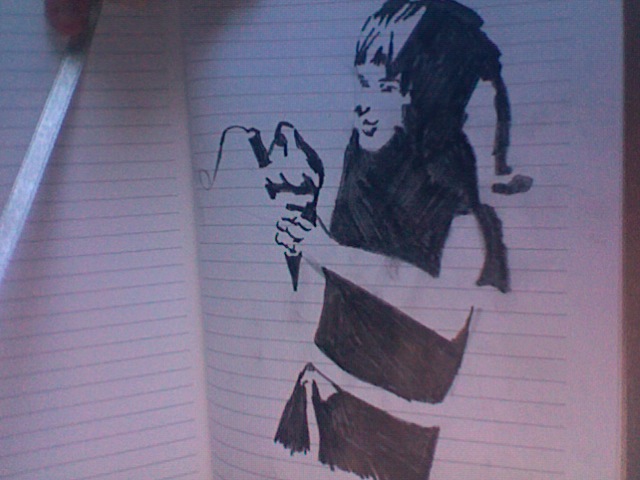


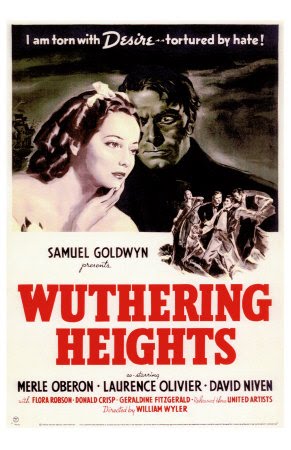
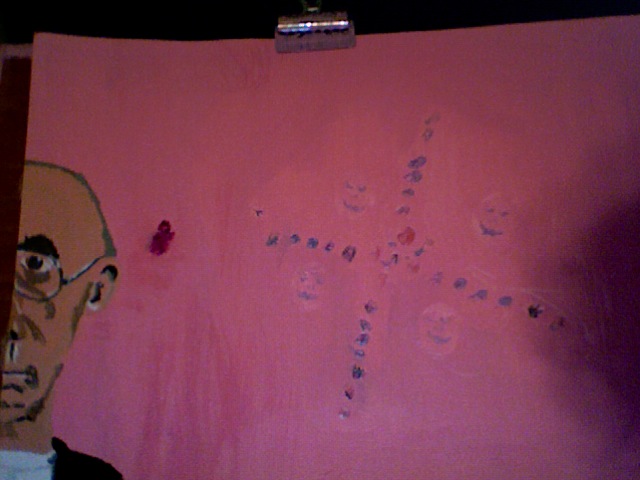
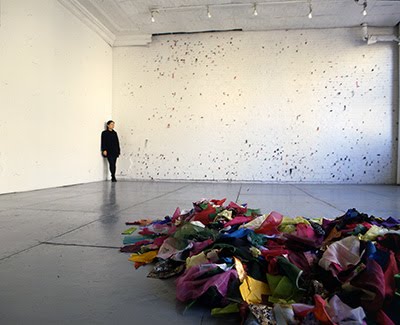




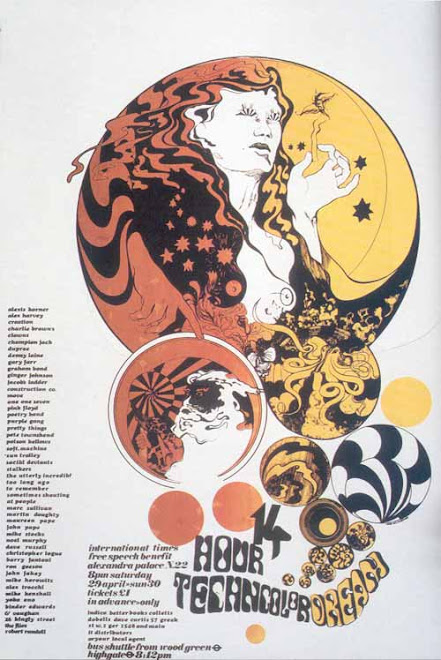
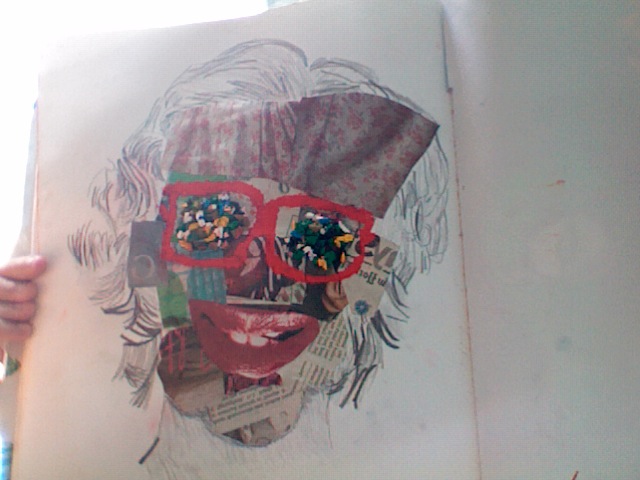
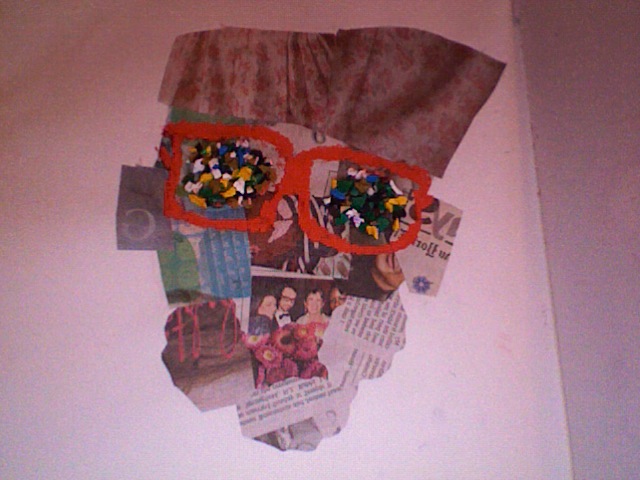

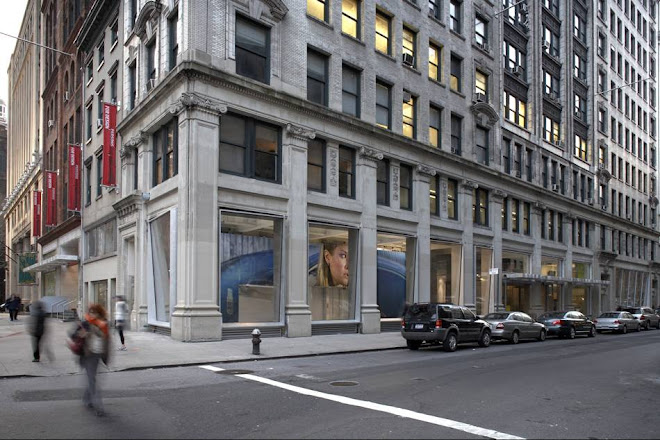.jpg)





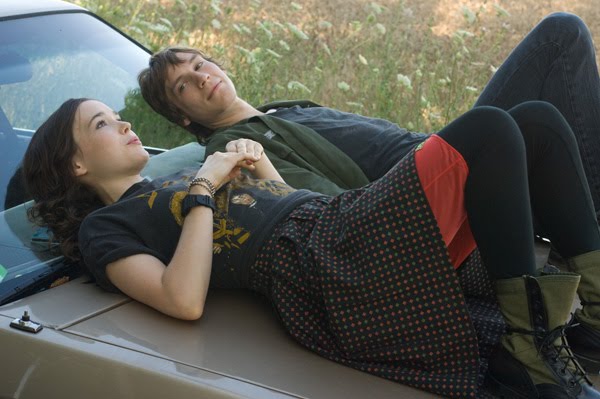.jpg)
